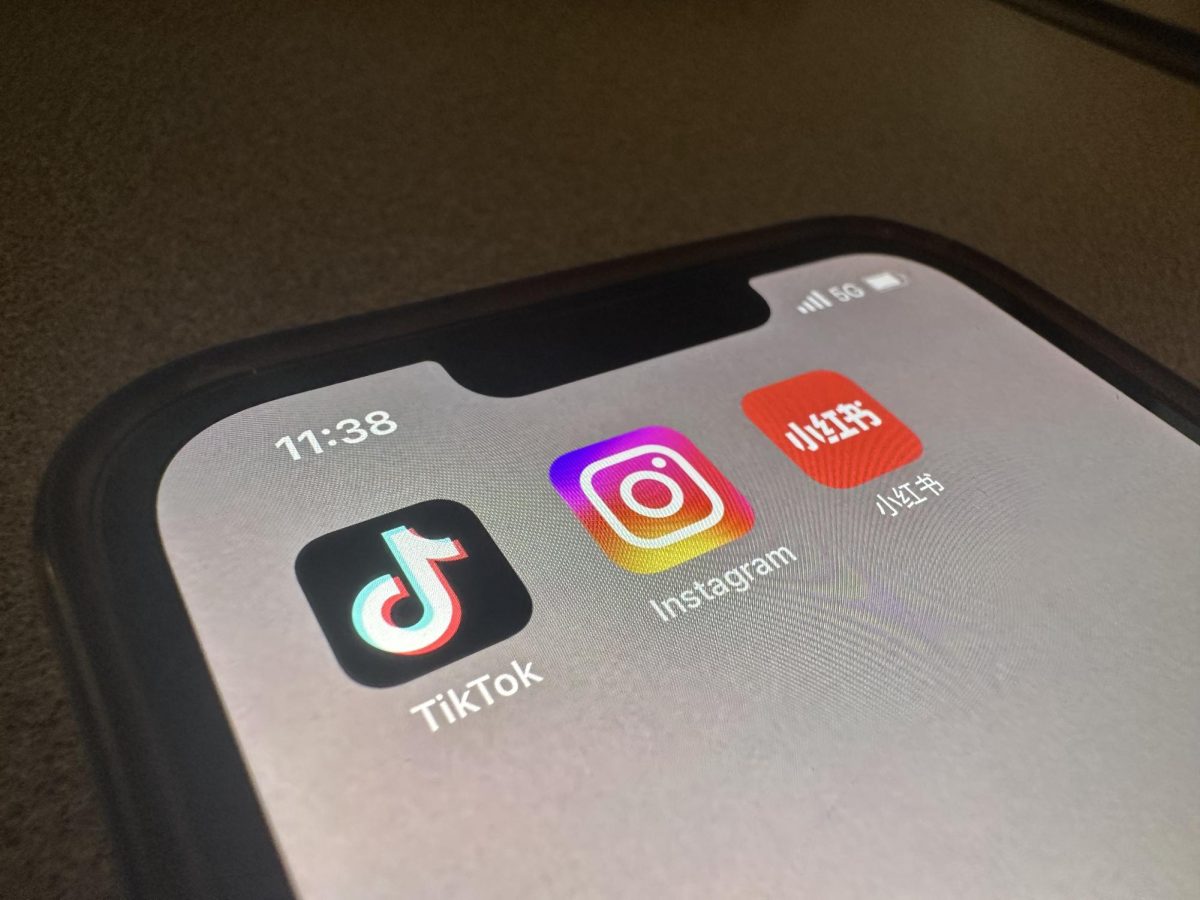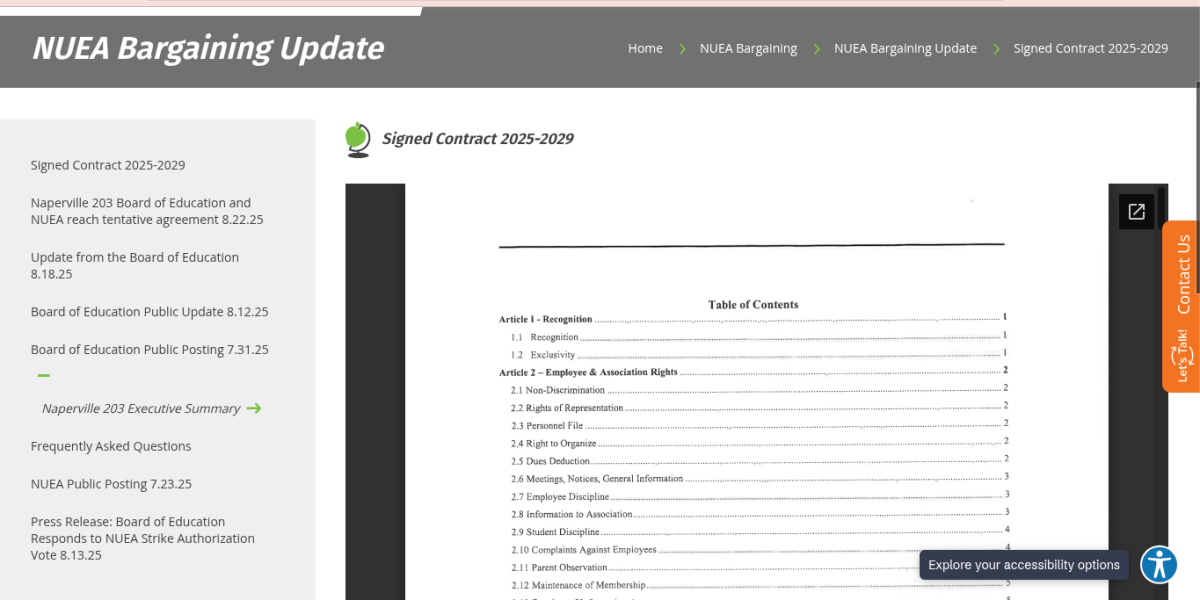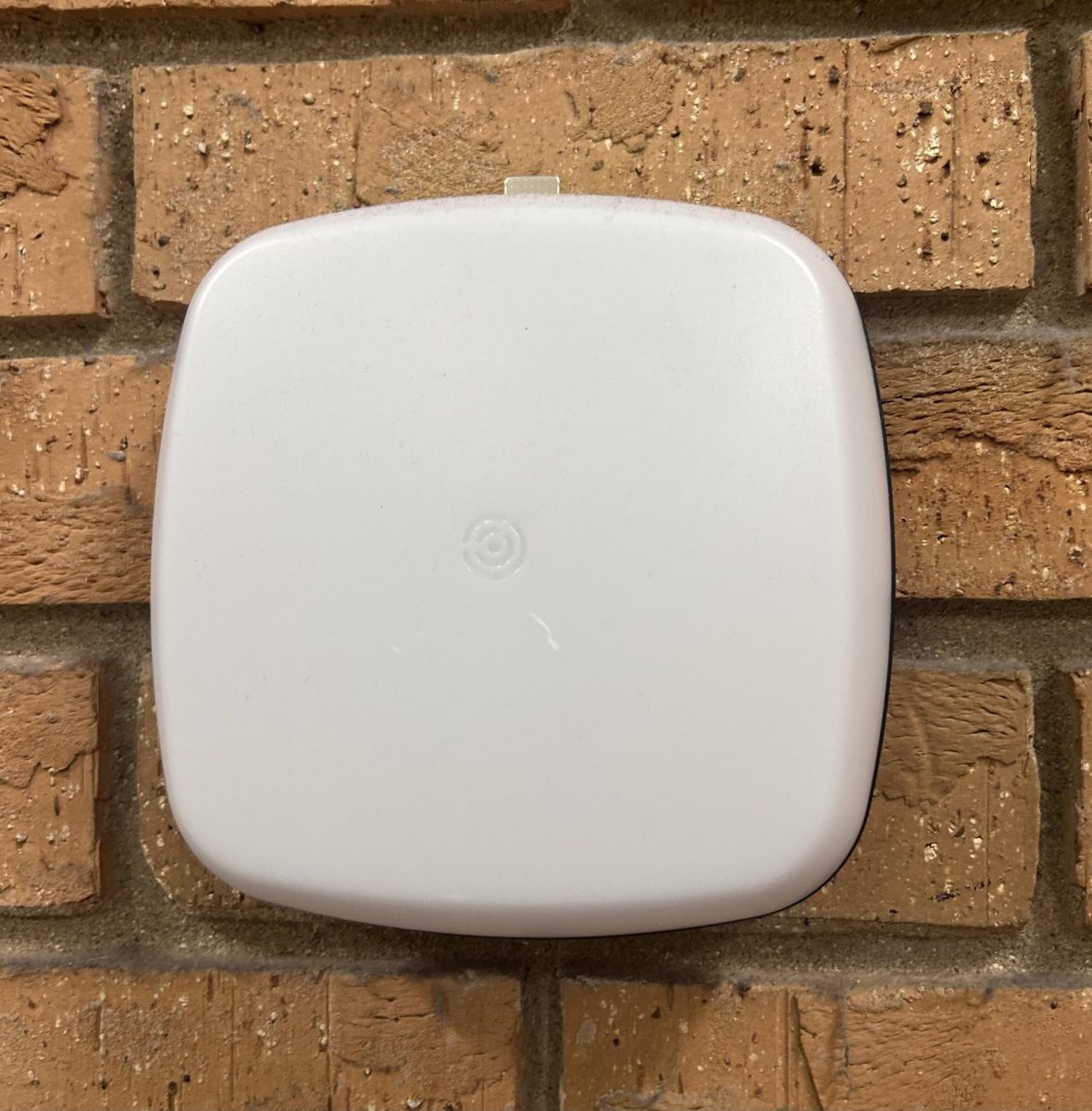The United States government plans to ban popular social media platform TikTok on Jan. 19, a decision that will change the lives of hundreds of millions of Americans.
This action is the result of the “Protecting Americans from Foreign Adversary Controlled Applications Act” passed in March 2024, which demands Chinese company ByteDance, TikTok’s parent company, either sell its US operation or face a nationwide ban. The US government fears that ByteDance poses a national security risk if TikTok’s user data is shared with the Chinese government. Naperville North High School senior Madeline Pecak shares her views on the upcoming ban.
“A lot of apps have allegations of being hacked … just because TikTok is a Chinese-root company doesn’t mean everyone in America should have it banned,” Pecak said.
Since TikTok rose to popularity in 2019, it has accumulated over 170 million American users, and two in three US teens spend at least an hour a day on the app. It’s become a force of popular culture, driving the success of books, music, films and content creators who have garnered millions of supporters thanks to the platform. It’s even many’s source of information on major events; according to Pew Research Center, 52% of TikTok users say they regularly get news from the app. Senior Sufiyah Siddique explains why she is a daily TikTok user.
“I just love the content I see … I’ve filled my page with really positive things,” Siddique said.
Despite TikTok’s popularity, Republicans have been pushing for TikTok’s ban since 2020, upon request from then-president Donald Trump. According to AP News, Trump is now vocally opposing the ban, but because his inauguration will take place on Jan. 20, he is unable to prevent it. The Supreme Court heard the case on Jan. 10 and upheld the verdict of banning the app on Jan. 17.
If TikTok is banned, it will not disappear from phones, but it will no longer be available to update or download from app stores. This will likely force a “slow death” for the app, which requires updates roughly once a week to fix bugs and algorithm issues. According to AP News, without regular updates, TikTok will quickly become unusable. Senior Hailyn Mutrie details why she is skeptical about the ban.
“It’s almost an infringement on the First Amendment, and I think a lot of people are going to argue that,” Mutrie said.
TikTok’s ban also has implications for the future of the American economy. The app has had a massive contribution to the marketing sector; in 2023, brands spent $3.8 billion on advertising via TikTok. Coupled with the nationwide decline of cable TV, social media is an invaluable platform for advertisers. There are over 61,000 marketing or social media managers currently employed in the United States, and without the outlet TikTok provides, these jobs may be in danger.
Similarly, content creators who have found an audience through TikTok will be forced to find a new platform to continue making a living through social media. This will impact brands that rely on partnerships with influencers to promote their products, as they will need to find different advertising opportunities to stay afloat. Another business opportunity provided through the platform is TikTok Shop, which allows users to upload products and shop through the app. The feature is used both by large, mass-manufacturing clothing brands and small business owners. Mutrie shares her views on TikTok Shop, which teenagers like her frequently purchase from.
“I’ve bought a lot of things from small businesses on TikTok Shop, and if they can’t use that, they’ll definitely be affected,” Mutrie said.
With a ban now only days away, users have begun to search for other platforms that provide similar short-form content. Pecak, Siddique and Mutrie all share that they will likely turn to Instagram Reels, though Siddique voices her concerns about this TikTok alternative.
“I don’t think [Instagram] has that many limitations on comments, and mental health might decline because of that,” Siddique said.
Many TikTok users have already turned to a similar app, Xiaohongshu (known in the US as RedNote), another Chinese-owned short-form video platform. Due to the app’s majority Chinese audience, most of the content is in Mandarin. Despite this, RedNote has received over half a million “TikTok refugees” in recent days, propelling it #1 on Free Download charts on the Apple App Store and Google Play Store. Pecak divulges her thoughts on this alternative platform.
“If the government thought TikTok posed a threat to national security, I don’t see how they could tolerate RedNote for very long,” Pecak said.
While many are dreading TikTok’s impending ban, others see it as an opportunity for a fresh start, providing them with freedom from social media and time to explore new activities. Pecak, while disappointed by TikTok’s shutdown, does not think she will see it as a loss in her life.
“It’ll be hard, but kind of therapeutic, not having to be addicted to an app in that way,” Pecak said.














